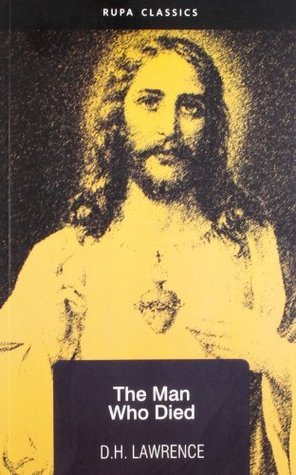What do you think?
Rate this book


84 pages, Paperback
First published January 1, 1929
So one morning, just before the light of dawn, rousing from his slumbers with a sudden wave of strength, he leaped forward on his wings, and the string snapped. He gave a wild, strange squawk, rose in one lift to the top of the wall, and there he crowed a loud and splitting crow.
At the same time, at the same hour before dawn, on the same morning, a man awoke from a long sleep in which he was tied up. He woke numb and cold, inside a carved hole in the rock. Through all the long sleep his body had been full of hurt, and it was still full of hurt. He did not open his eyes. Yet he knew that he was awake, and numb, and cold, and rigid, and full of hurt, and tied up. His face was banded with cold bands, his legs were bandaged together. Only his hands were loose.
For she was Isis of the subtle lotus, the womb which waits submerged and in bud, waits for the touch of that other inward sun that streams its rays from the loins of the male Osiris.
inancı yaymakla görevli isanın kendini osiris sanan rahibeyi düzeltmeyip onun 'inancından faydalanması' başka bir tartışma konusu
xoxoxo
iko